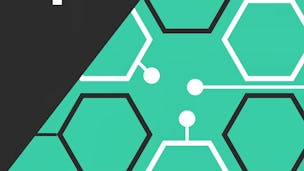Updated in May 2025.
This course now features Coursera Coach! A smarter way to learn with interactive, real-time conversations that help you test your knowledge, challenge assumptions, and deepen your understanding as you progress through the course. This course starts with an introduction to Java, guiding you through the installation of the Java Development Kit (JDK) and Eclipse Integrated Development Environment (IDE). You'll write your first Java program and explore primitive data types and operators. Moving forward, you'll learn about conditional statements and loops, solidifying your understanding with hands-on exercises. Next, you'll delve into string operations and object-oriented programming (OOP) concepts. You'll understand classes, objects, methods, and method overloading, along with access specifiers and constructors. The course emphasizes hands-on practice with exercises on class and object manipulation, ensuring you grasp data encapsulation, static keywords, and the main method. Finally, the course covers special Java classes, new features in Java 10, and advanced topics like inheritance, abstraction, and polymorphism. You'll work with arrays, lists, sets, and maps, enhancing your knowledge through practical exercises. This comprehensive approach prepares you to handle real-world Java programming challenges with confidence. Designed for beginners with no prior programming experience and experienced developers looking to refresh their Java skills, the course only requires a basic understanding of computers.














